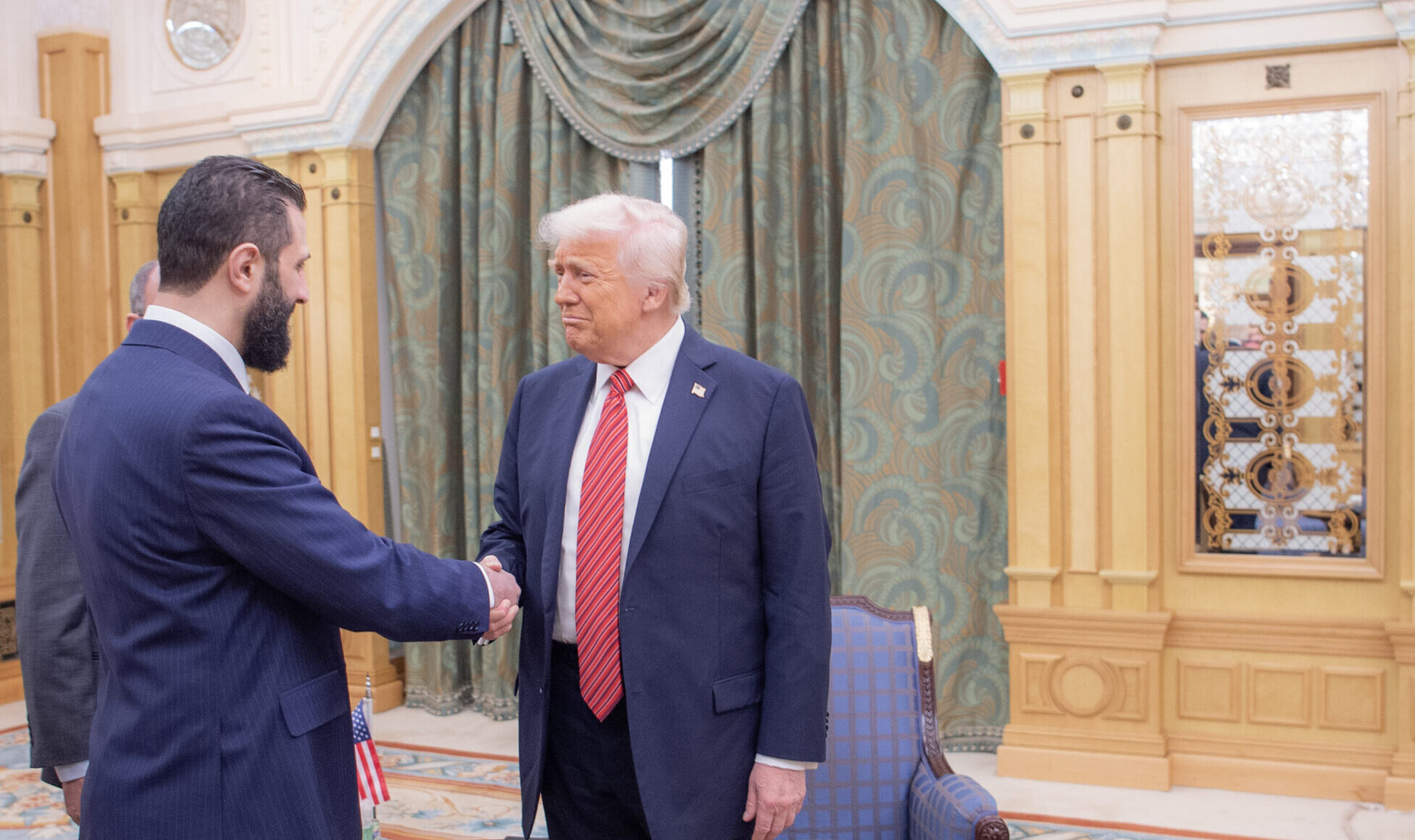Jumping To Conclusions
Yes, there are most likely elements of the Pakistani power structure that are sympathetic to the Taliban and al Qaeda, and some of these elements might have helped Bin Laden, or at least turned a blind eye to his presence. But: These elements, if they do exist, do not represent the entirety of Pakistan. They certainly don’t represent the civilian leadership of the country, a leadership we should be buttressing, not demonizing. ~Jeffrey Goldberg
This seems right to me. On the radio today, I heard Anatol Lieven commenting on the possibility that elements within the Pakistani establishment knew of bin Laden’s whereabouts, and I take seriously his view that it is very hard to trust any Pakistani authorities at this point. I agree with his argument that there has to be more pressure from the U.S. and accountability within Pakistani institutions for major failures. Lieven is also right that military aid to Pakistan should be very carefully scrutinized and if necessary reduced or cut off if Pakistan cannot satisfactorily answer for its lapses.
It is a bit remarkable that an allied government that has come through for the U.S. numerous times in apprehending Al Qaeda members is being treated in many quarters as obviously guilty of complicity in sheltering one of the most prominent Al Qaeda members. This is especially odd given that Pakistan reportedly shared information about the courier that led the U.S. to locate the compound where bin Laden was residing. If there were an active effort by the Pakistani government and/or military to shelter bin Laden or to turn a blind eye to his location, does it make sense that they would provide the U.S. information about this? Wouldn’t they withhold that information and try to direct U.S. attention elsewhere? I don’t say all of this out of any enthusiasm for Pakistan, if that makes any difference, but because the accusation doesn’t make very much sense.
What bothers me about the snap judgments about Pakistan’s complicity (as opposed to complicity on the part of a relative few people within Pakistani intelligence) is that they are not informed by any clear evidence of complicity apart from the location of the compound. There is an assumption that complicity simply must be the explanation for why bin Laden was where he was, and there is an added assumption that this implicates a large part of the Pakistani establishment. This is jumping to conclusions at its worst. If there were elements within the ISI that sheltered bin Laden, as I assume there were, that doesn’t prove that they were acting with the knowledge or approval of all Pakistani authorities.
I agree with Greg Scoblete when he says that “I don’t think it’s unreasonable to probe this question with more urgency and to demand changes in Pakistan’s behavior if their complicity can be proven.” That’s a very reasonable suggestion, and based on what I have been hearing from administration officials today that is what they intend to do. Accountability and answers are perfectly reasonable things to demand from Pakistan.
